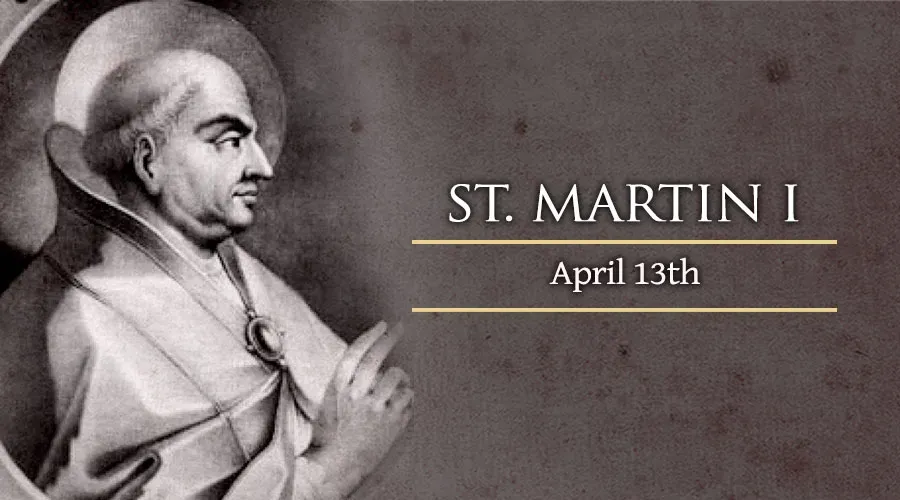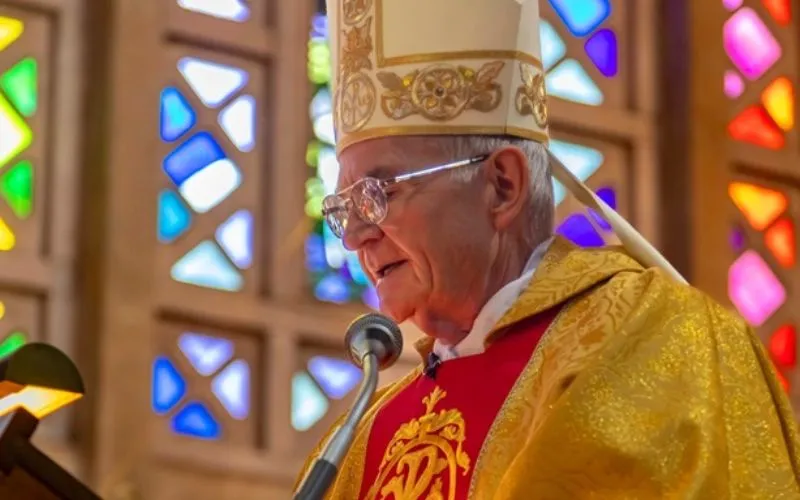Sub-Saharan Africa, 13 April, 2025 / 11:15 am (ACI Africa).
Catholics celebrate the memory of Pope St. Martin I on April 13. The saint suffered exile and humiliation for his defense of orthodoxy in a dispute over the relationship between Christ's human and divine natures.
Martin was born in the Italian city of Tuscany, during either the late sixth or early seventh century. He became a deacon and served in Rome, where he acquired a reputation for education and holiness. Pope Theodore I chose Martin as his representative to the emperor in Constantinople during a period of theological controversy between the imperial capital and the Roman Church.
The dispute in which Martin became involved, first as the papal nuncio and later as Pope himself, was over Christ's human nature. Although the Church had always acknowledged the eternal Son of God as “becoming man” within history, some Eastern bishops continued to insist that Christ's human nature was not entirely like that of other human beings.
During the seventh century, authorities within the Byzantine Church and empire promoted a version of this heresy known as “monothelitism.” This teaching acknowledged that Christ had two natures – human and divine – but only one will: the divine. Pope Theodore condemned the teaching, and excommunicated Patriarch Pyrrhus of Constantinople for holding to it.
Martin inherited this controversy when he succeeded Theodore as Pope. At the Lateran Council of 649, he followed his predecessor's lead in condemning Pyrrhus' successor, Patriarch Paul II, who accepted Emperor Constans II's decision to forbid all discussion of whether or not Christ had both a human and a divine will. Pope Martin condemned monothelitism completely, and denounced those who held to it.







